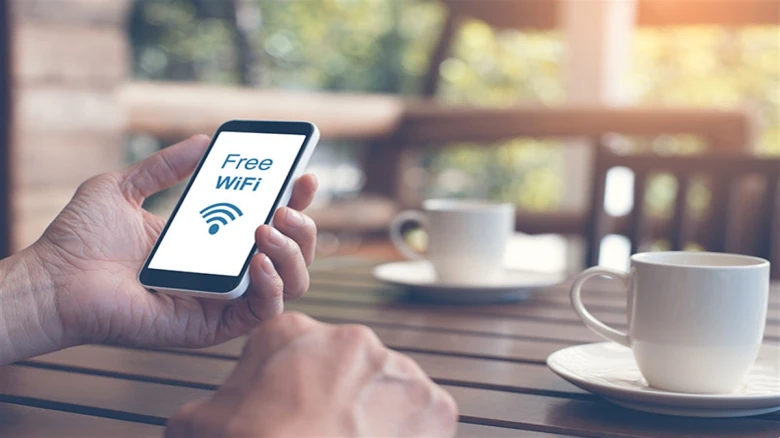Regional

The results showed that while 40 percent of respondents chose Wi-Fi as their number one daily essential, 37 percent chose sex, and 14 percent chose...
Digital Desk: The craze for wireless internet connections has increased so much that almost half of the people now crave for Wi-Fi more than other things like chocolate, wine, and yes, even sex.
The ever-increasing influence of Wi-Fi on our daily lives was revealed in a recent survey of more than 1,700 people conducted by iPass, a prominent provider of global mobile connectivity.
The study found that while 40% of respondents chose Wi-Fi as their most important daily necessity, 37% ranked sex, 14% chose chocolate, and only 9% prioritized alcohol.
"We all want Wi-Fi first because it provides quicker speeds, lower prices, and a better user experience," said Patricia Hume, Chief Commercial Officer of iPass.
According to "The iPass Mobile Professional Report 2016," about 75 percent of respondents said Wi-Fi had improved their quality of life.
Wi-Fi has also become a travel need for mobile professionals who do not want to be hit by data bills or high roaming charges, impacting hotel, airport, and other travel choices.
According to the survey, 72% of respondents chose a hotel based on the Wi-Fi experience, with 21% doing so on a regular basis. It also revealed that 72 percent of respondents use free Wi-Fi at airports when it is available.
"Mobile professionals, in particular, want to be connected at all times, whether at home, on the road between client meetings, in their hotel, or even in flight," Hume said.
Sixty percent of poll respondents were from North America, while 40% were from European countries.
"The Wi-Fi experience is increasingly affecting mobile professionals' travel choices, even at 30,000 feet, with more than a third of respondents having selected their airline based on its Wi-Fi connectivity offerings," Hume pointed out.
"Wi-Fi is no longer just a 'nice-to-have' at airports and on in flights. Mobile professionals are no longer satisfied with simply sitting and waiting for flights. Instead, people want to make the most of this time productively or just relax," said Hume.
Leave A Comment